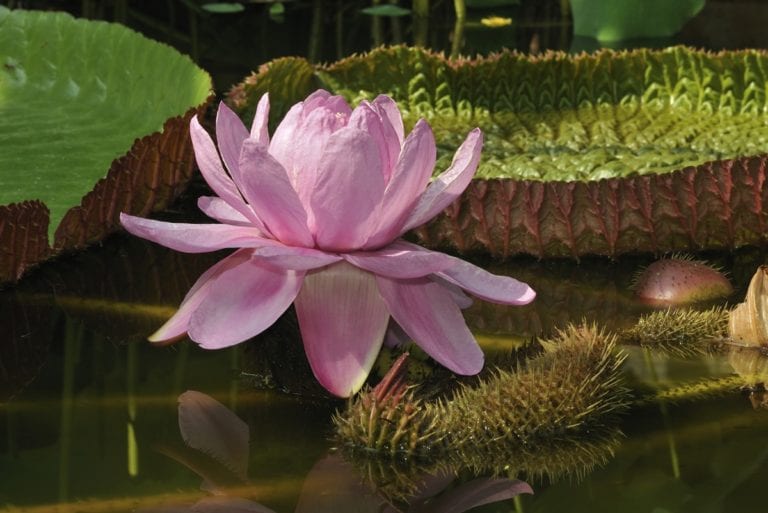Similar Posts

812th Week: Managing Uncertainty
One of the things that most of us find challenging is to manage uncertainty. It’s a natural response to be uncomfortable with not knowing what’s going to happen next or where we are headed, individually and collectively. For some people, finding conspiracy theories offers an experience of “knowing what’s going on” that calms the discomfort most of us feel around uncertainly. For others, anxiety becomes a constant companion and they have difficulty truly soothing themselves. For yet others, becoming numb and shutting down is their natural response to constant and mounting uncertainty.
Also, I want to affirm that having a response to uncertainty is certainly normal and not necessarily something that needs the kind of process I’ll describe below, so please be gentle with yourself when circumstances elicit discomfort and anxiety about the future.
As I’ve been thinking about how we can expand our capacity to be uncomfortable and find some degree of equanimity, I found myself thinking about a concept I have taught for many years—a process of uncoupling trauma-based associations, called over-couplings in the Somatic Experiencing® world. Let me define these terms as I did when teaching SE.
Trauma over-couplings are associations that become “glued together” during times of overwhelm or distress. These are individual elements of experience or learnings that actually don’t belong together. One common trauma-based, attachment-oriented over-coupling is: If I do what I want, they (whoever “they” might be) won’t love me. Those two things don’t really belong together and especially so in adult life. Another common trauma-based over-coupling is: Unless I know what’s going on, I won’t be safe. The problem with trauma-based over-couplings is that they predict something that may not, or probably won’t, happen. They often arise from childhood experiences where we were not only ill equipped to have options available to us but when we also weren’t mature enough to understand what was happening.
I’d like to offer one way to deal with these trauma-based over-couplings. I called it “therapeutic dissociation” in my book, Getting Through the Day, but it’s actually a form of uncoupling adult awareness and options from those arising from earlier overwhelming experience.
Read More “812th Week: Managing Uncertainty”Saying “Yes” to Spirit: Being Lived into the Fullness of Your Potential
Another talk at Unity, Norwalk, CT
